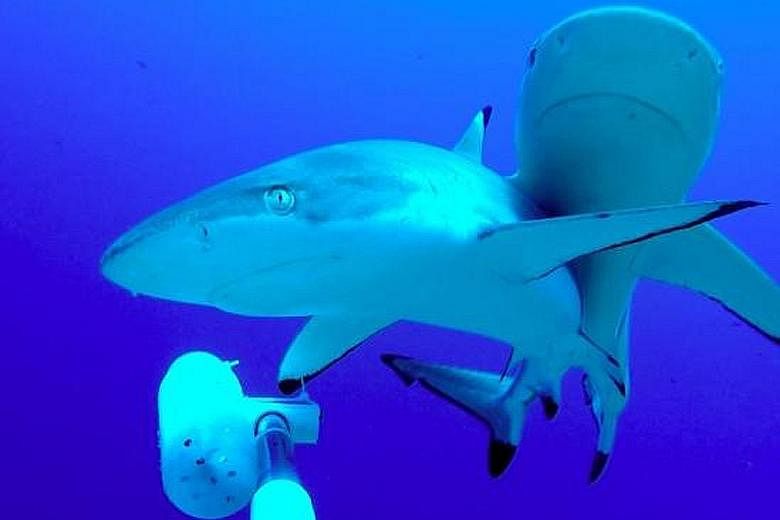Scientists find way to defeat superbugs
Researchers have found a way to make multidrug-resistant superbugs susceptible to antibiotics.
The study conducted by researchers at the University of Copenhagen and Ross University School used cutting- edge technology in genomics to measure how every single bacterial gene contributed to antibiotic resistance.
This helped to identify several genes that are vital for the survival of multidrug-resistant klebsiella pneumoniae in the presence of colistin- the antibiotic used as a last resort for treating infections caused by these bacteria.
In particular, the inactivation of one of these genes, dedA, made colistin-resistant K. pneumoniae "completely sensitive" to this antibiotic, said the University of Copenhagen in a statement.
It was also found that multidrug-resistant escherichia coli strains became susceptible to beta-lactam antibiotics when similar genes were inactivated.
"Our discovery shows that resistant superbugs are not invincible. They have an 'Achilles' heel' and now we know how to defeat them," said Professor Luca Guardabassi, from the Faculty of Health and Medical Sciences at the University of Copenhagen, and principal investigator of the project.
It is hoped that this discovery will pave the way to defeat resistant superbugs by combining antibiotics with "helper" drugs that reverse antibiotic resistance.
The research was published in scientific journals, Scientific Reports and Antimicrobial Agents And Chemotherapy.
B vitamins may help fight effects of air pollution
Researchers at Columbia University's Mailman School of Public Health showed B vitamins may play a critical role in reducing the impact of air pollution, and breathing in PM2.5 particles, on the epigenome- a layer of molecules which tells the body's genes what to do.
PM2.5 particles are particulate matter smaller than 2.5 microns, 30 times smaller than the width of a human hair - too small for the human body to filter out.
The study published in science journal PNAS (Proceedings of the National Academy of Sciences) found that folic acid, vitamin B6 and vitamin B12 could limit the effect that these particles have on the human epigenome. According to a BBC report, researchers found that a four-week B vitamin supplementation limited the effect of PM2.5 by between 28 per cent and 76 per cent at 10 gene locations.
In the study, researchers administered one placebo or B vitamin supplement (2.5mg of folic acid, 50mg of vitamin B6, and 1mg of vitamin B12) daily to each adult in the trial.
Ambient particles were also delivered via an "oxygen type" face mask, with blood samples collected and then measured.
Professor Andrea Baccarelli, chair of Environmental Health Sciences at the Mailman School, said: "As individuals, we have limited options to protect ourselves against air pollution. Future studies, especially in heavily polluted areas, are urgently needed to validate our findings and ultimately develop preventive interventions using B vitamins to contain the health effects of air pollution."
Study yields 'good news' on shark diving tourism
Whether it is cage diving with white sharks in South Africa or shark feeding in the Bahamas, new research by scientists at the University of California Santa Barbara (UCSB) and Florida International University has found human interactions not to have any long-term behavioural impact on sharks.
The researchers went to Palmyra, an atoll in the central Pacific Ocean, where shark populations are healthy, fishing is not allowed and the majority of its near-pristine underwater world is rarely dived.
Researchers surveyed sharks by lowering cameras to the ocean floor .
"After reviewing 80 hours of underwater footage taken from video surveys conducted in 2015 - 14 years after Palmyra was established as a wildlife refuge and scientific diving activities began - we found that shark abundance and shark behaviour were the same at sites with and without a long history of scuba diving," said co-author of the study Jennifer Caselle.
Lead author Darcy Bradley added that the results of the study are "good news".
"It means that well-regulated shark diving tourism doesn't necessarily undermine shark-conservation goals."
Compiled by Carolyn Khew

